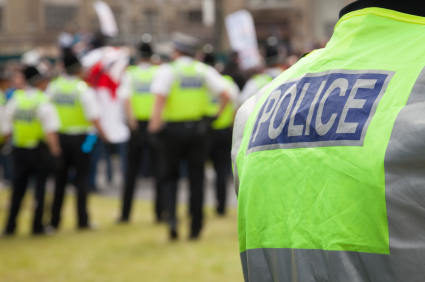CPS delays are keeping bobbies off the beat
DELAYS by the Crown Prosecution Service are preventing police officers walking the beat and carrying out other frontline duties, an official report has found.
Officials said they had “significant concerns” about the time taken by police to get through to lawyers working for “CPS Direct” and the whole legal system is being undermined as a result, a report found.
Officers must call the CPS advice line for approval to charge criminals with all non-petty offences.
In some cases, officers are having to wait hours to get through to lawyers, said the report by Her Majesty’s Inspectorate of Constabulary and Her Majesty’s Crown Prosecution Service Inspectorate.
The report also found CPS lawyers are being paid “unsustainable” overtime for working late shifts and weekends.
The 70-page report found: “Unreasonable delay has a substantial impact on operational policing as it ties up officers, particularly during night shifts, and prevents them from carrying out frontline policing.
“In each of the police forces visited significant concerns were raised about the time it took for investigators to get through on the telephone to CPS Direct. In some examples given the delay ran into hours.”
The service aims to answer three quarters of calls within three minute, but from July to September last year only 29.5% of calls fell within the target.
The system does not allow officers to be called back on their mobile telephones, the report added.
The report said a “premium payments” scheme for lawyers cost the CPS up to £200,000 a month, or 9% of its staffing budget.
For example, prosecutors receive double time for Sunday working and time-and-a-quarter for working after 5pm.
“Existing salary structures for out of hours work are unsustainable,” the report said.
The report also found that some police officers had become “risk averse” and wanted the case to be decided by the CPS instead.
Despite this, there was “substantial merit” in re-thinking the areas in which the police are allowed to make their own decisions on charging without referring the case to lawyers, the report found.

